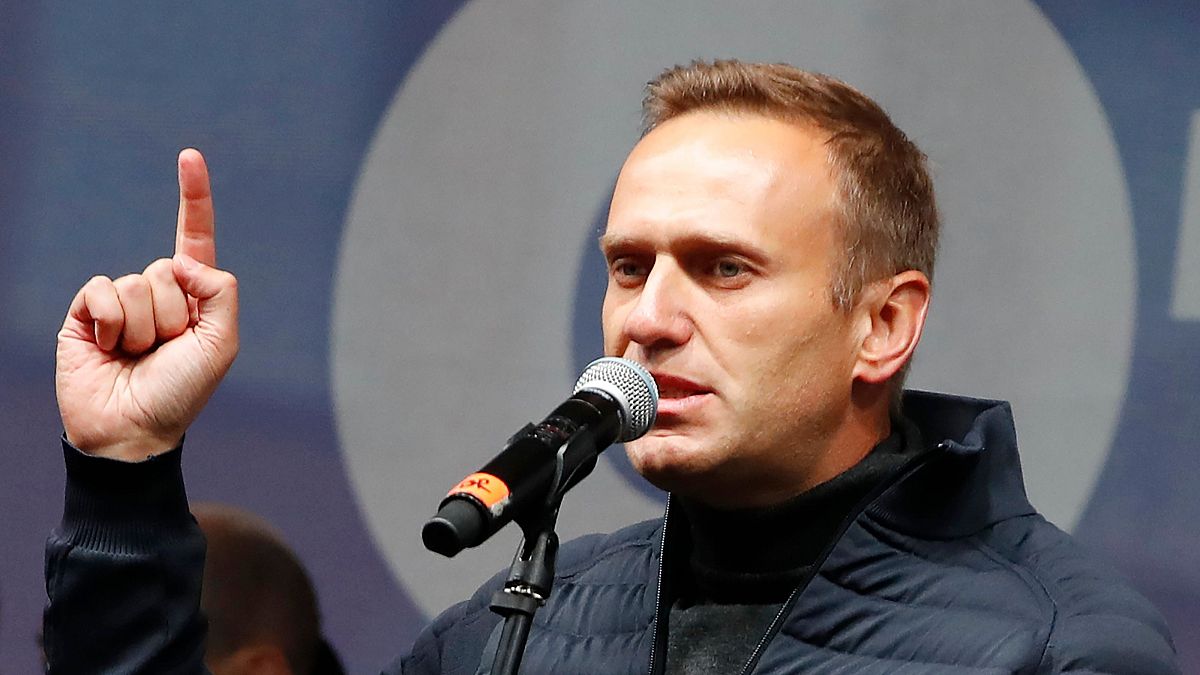Just in: Russian opposition leader Alexei Navalny taken out of an induced coma and is responsive, say doctors
Russian opposition leader Alexei Navalny has been taken out of an induced coma and is responsive, say doctors treating him.
He is being treated at a hospital in Germany, where authorities say "without doubt" he had been poisoned with a chemical nerve agent from the Novichok group.
British authorities identified the Soviet-era Novichok as the poison used on former Russian spy Sergei Skripal and his daughter in England in 2018.
"The patient has been removed from his medically induced coma and is being weaned off mechanical ventilation," Berlin's Charite hospital said in a statement.
"He is responding to verbal stimuli. It remains too early to gauge the potential long-term effects of his severe poisoning.
"The treating physicians remain in close contact with Mr Navalny's wife. After consultation with the patient's wife, Charité is reassured that the decision to make details of the patient’s condition public would be in accordance with his wishes."
German Chancellor Angela Merkel on Wednesday called Navalny’s poisoning an attempted murder that aimed to silence one of Putin’s fiercest critics and called for a full investigation.
The EU, NATO and several Western governments have called for an explanation from Moscow, but President Vladimir Putin's representative dismissed allegations that the Kremlin was involved in poisoning him.
Navalny fell ill on August 20, while on a flight from Siberia to Moscow.
German doctors, who were first refused access to him, were eventually allowed to fly him to Berlin on August 22.
